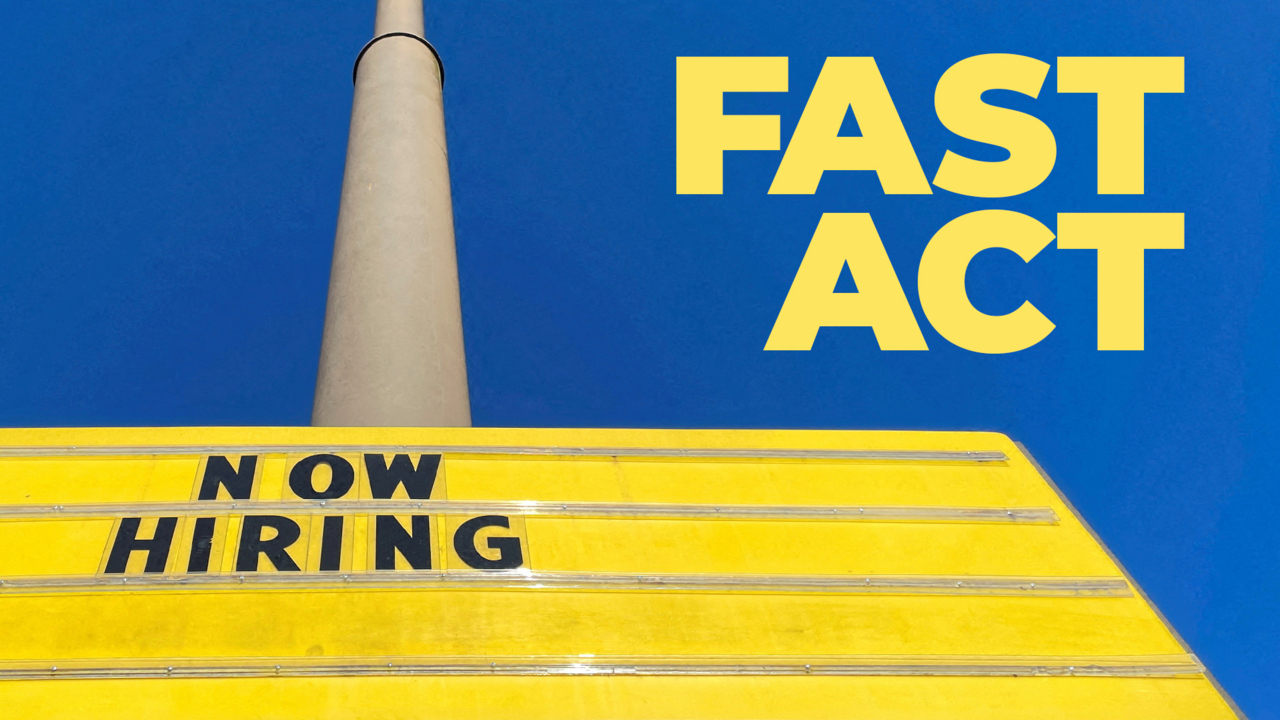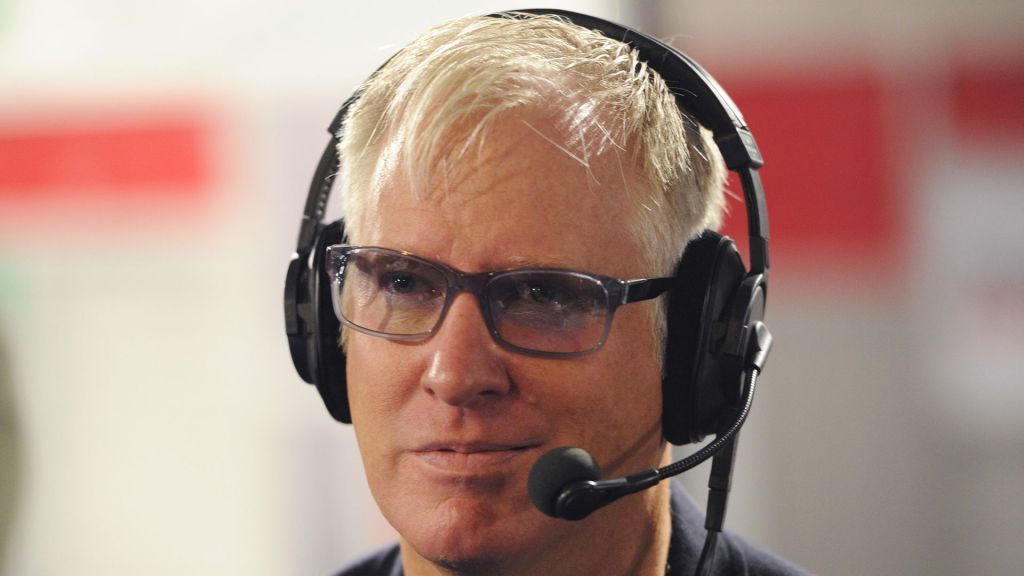
THE CALIFORNIA LEGISLATURE JUST PASSED A BILL THAT WOULD ALLOW A STATE COUNCIL TO SET WAGES AND WORKER CONDITIONS ACROSS THE ENTIRE FAST FOOD INDUSTRY.
IF SIGNED INTO LAW, IT WOULD BE A RARE EXAMPLE OF “SECTORAL BARGAINING” HERE IN THE U-S. IT’S SOMETHING WE SEE MORE OF IN EUROPE, WHERE PARTIES BARGAIN AT AN INDUSTRY-WIDE LEVEL, VERSUS WITH ONE BUSINESS OR LOCATION.
THE FAST ACT, AS IT’S CALLED, HAS FIERCE OPPOSITION FROM FAST FOOD CHAINS AND FRANCHISE OWNERS, WHO ARE URGING GOVERNOR GAVIN NEWSOM TO VETO IT BEFORE SEPTEMBER 30TH.
CALIFORNIA ALREADY HAS A $15 MINIMUM WAGE, BUT THIS BILL COULD SET THE HOURLY MINIMUM WAGE FOR FAST FOOD WORKERS UP TO $22 AN HOUR NEXT YEAR, ALONG WITH ANNUAL INCREASES BASED ON INFLATION.
LABOR GROUPS SAY THE BILL WILL GIVE MORE THAN HALF A MILLION FAST FOOD WORKERS IN THE STATE “A VOICE TO SPEAK OUT AGAINST UNSAFE WORKING CONDITIONS AND POVERTY WAGES.”
FRANCHISE INDUSTRY REPS SAY IT’LL ONLY RAISE COSTS ON EVERYONE – AT A TIME WHEN INFLATION IS SKY HIGH.
A U-C RIVERSIDE STUDY COMMISSIONED BY THE INTERNATIONAL FRANCHISE ASSOCIATION SHOWS EMPLOYERS WOULD PASS ON ABOUT A THIRD OF THE LABOR COST TO CONSUMERS, RAISING FOOD PRICES BY 7 TO 22%.
I’M SIMONE DEL ROSARIO AND IT’S JUST BUSINESS.






